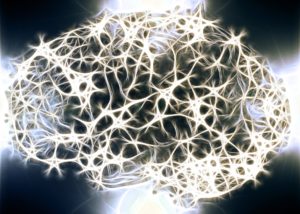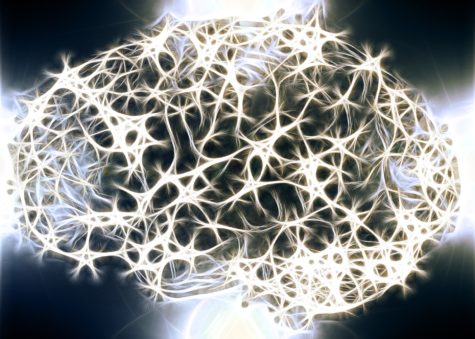WÜRZBERG, Germany — Science may be getting closer to an understanding of the distinctive mechanisms in the brain that lead to obsessive compulsive disorder, or OCD, thanks to a new study conducted by a team of researchers at Würzberg University in Germany.
The research team, led by Kai Schuh of the Würzberg Institute of Physiology, was able to zero in on a specific protein, known as SPREDE2, that inhibits a molecular “cascade” in the brain that triggers OCD-like reactions and behaviors. Schuh’s team tested the effect of SPRED2 on transgenic laboratory mice which have biological reactions similar to humans. When the protein was withdrawn from the mice’s brains, they developed the same hyper-repetitive symptoms associated with human OCD sufferers, including excessive grooming and extreme anxiety.

Schuh’s study is not the first to identify a specific brain protein as a potential inhibitor of OCD-like symptoms. In 2016, researchers at Duke University also identified a brain protein known as Sapap3, which was completely different from SPRED2. So far, neither research team has explained the apparent discrepancy.
Schuh’s protein is located in a brain pathway linked to the amygdala and the basil ganglia regions which govern human emotion and routine learning, respectively, and where weakness in neuro-transmission is associated with depression and other mental disorders. In fact, OCD sufferers often suffer from depression and are treated with anti-depressants, in part because no specific medication has been developed to treat their own condition.
By identifying a single protein and brain pathway for OCD, Schuh’s study may finally make a dedicated drug treatment possible.
“Our study delivers a valuable new model that allows the disease mechanisms to be investigated and new therapy options for obsessive-compulsive disorders to be tested,” Professor Schuh notes in a university news release.
In fact, some drugs are currently being tested for other conditions associated with the SPRED2 protein, but so far clinical trials have yet to validate their use. Schuh is hoping his team’s research might speed the process of approval. In addition, a cancer drug that functions as a cascade inhibitor like SPRED2 is already on the market and might be adapted for use with OCD.
Currently, about 3.3 million Americans — or 2.3% of the population — are diagnosed with OCD but medical professionals still disagree on its causes. Some believe that the disease is hereditary while others favor a combination of biological and environmental factors. Still others dispute that the disorder has any distinct bio-chemical correlates and attribute its onset to childhood trauma and extreme social anxiety.
The Wurzberg study won’t end this debate. However, it does offer the promise of a more effective treatment for OCD as research into its etiology continues.
The study’s findings are presented in the March issue of the journal Molecular Psychology.

Correlation between OCD and Vaccination in the population. When a particular gene or group of genes has been targeted by our governmental overlords whether through vaccines, food additives, or adulterants they always say the same thing, its hereditary. That’s when you know they are fake science, fake doctors and their “research” is nothing more than a smoke screen to cover the truth. Same with Autism. The globalist elite want an easily controlled population and use a range of mental modification tools to affect and mold society.